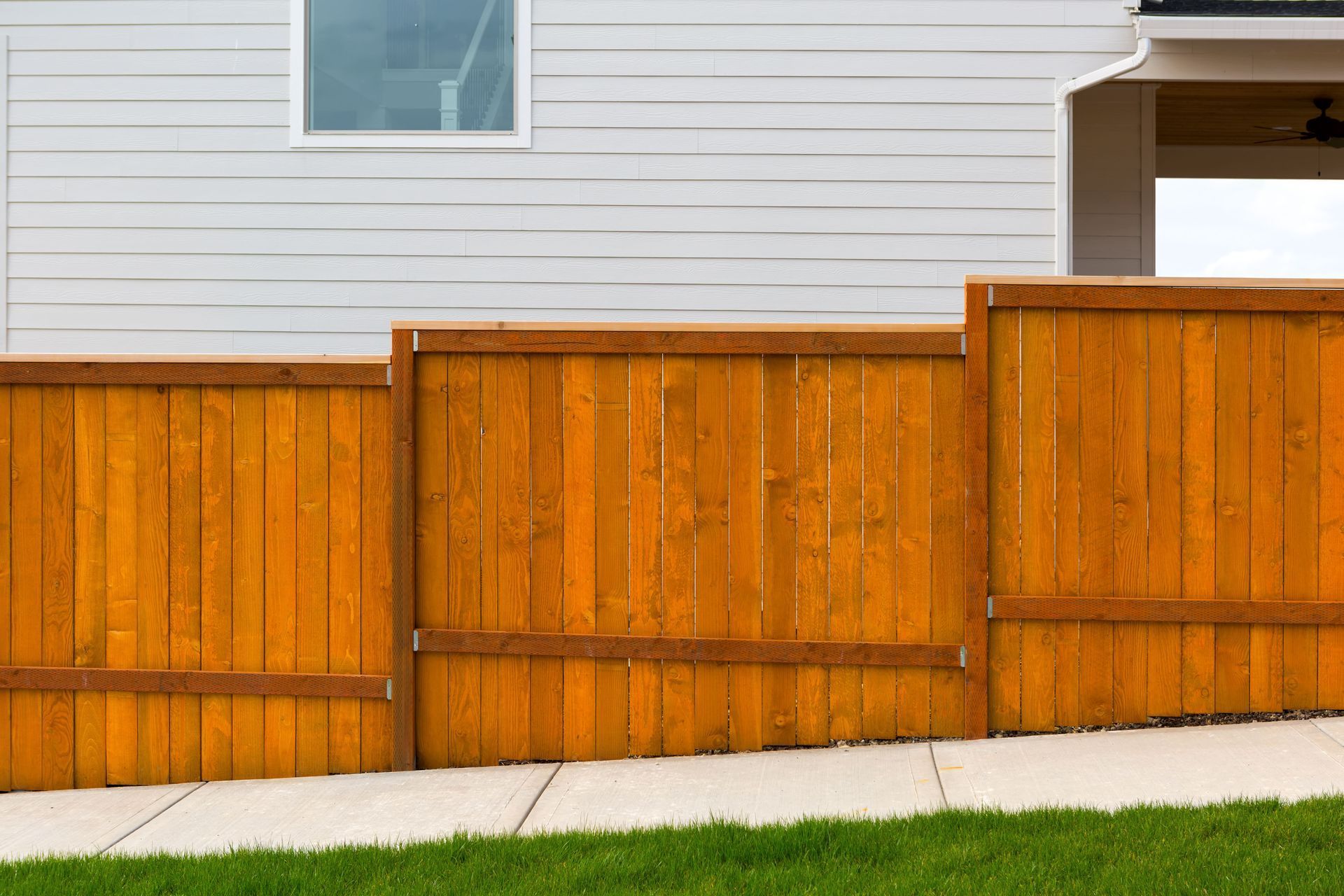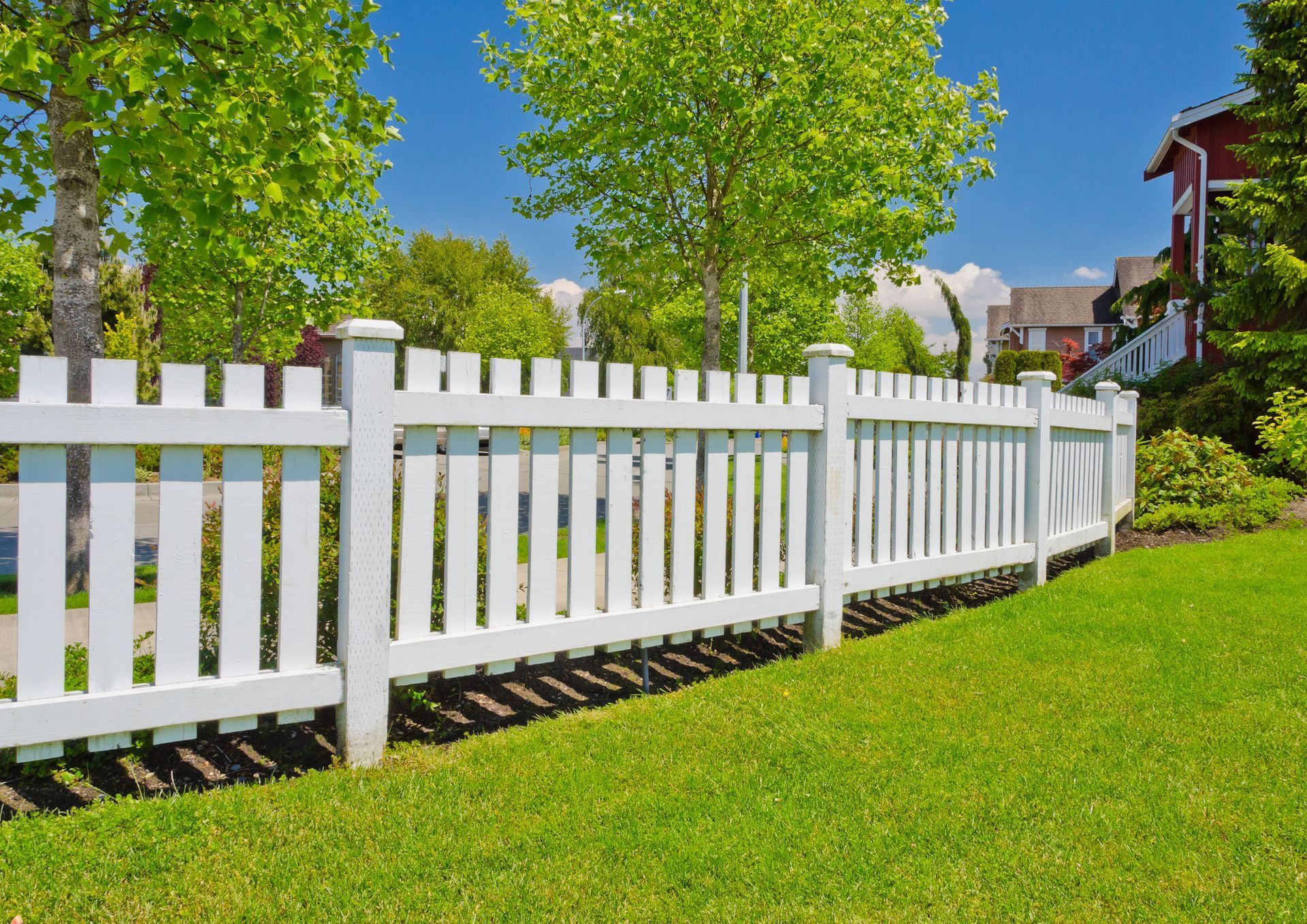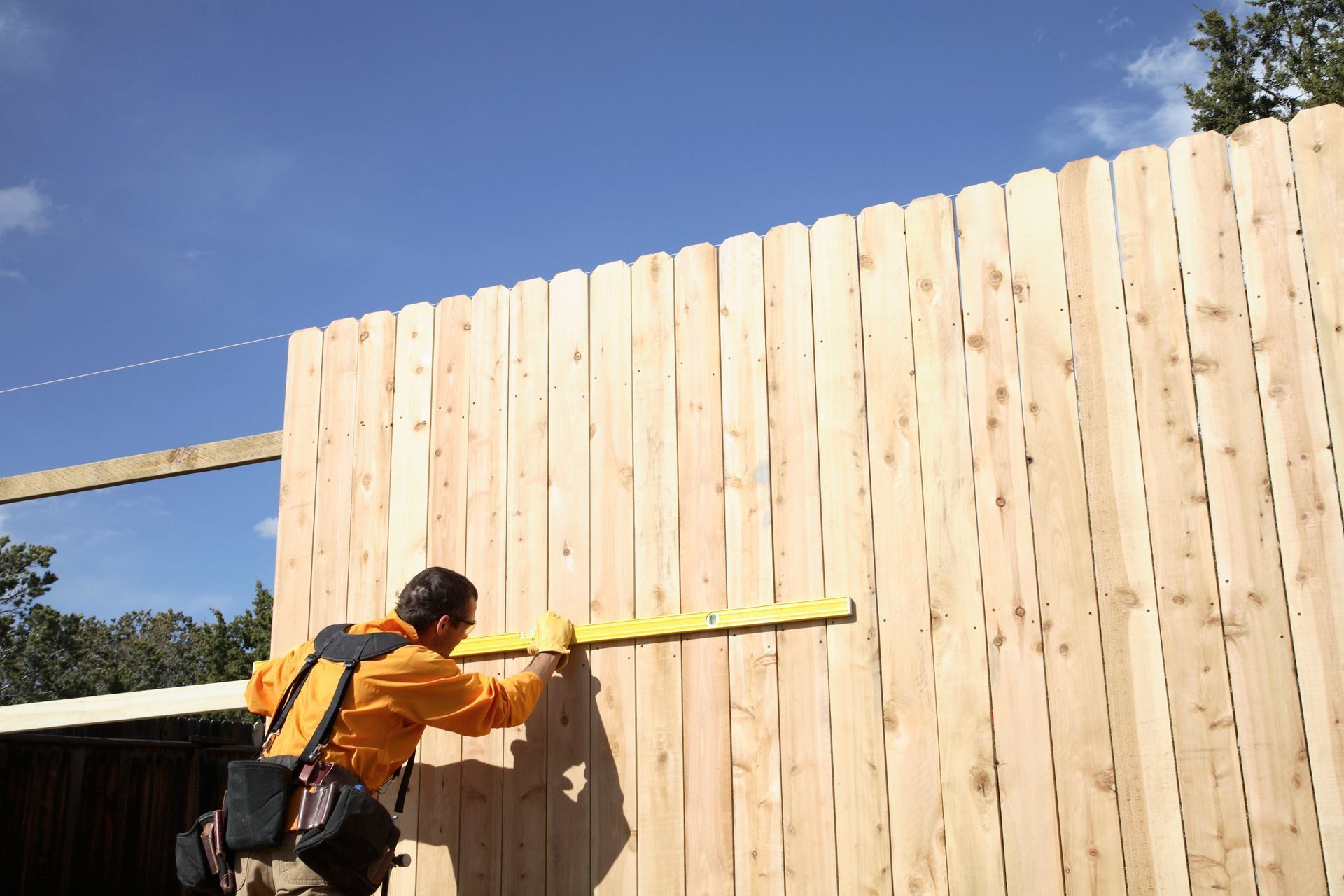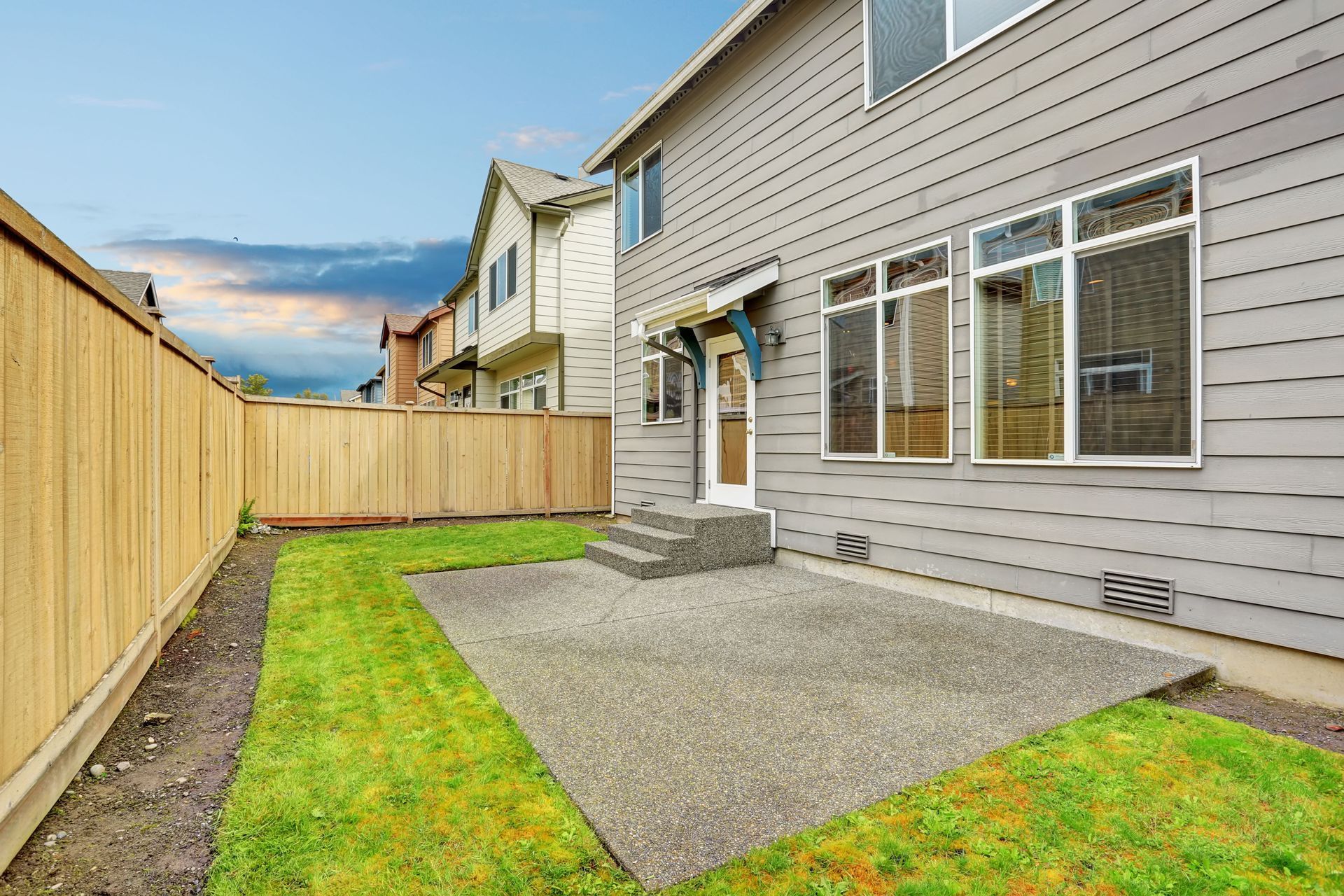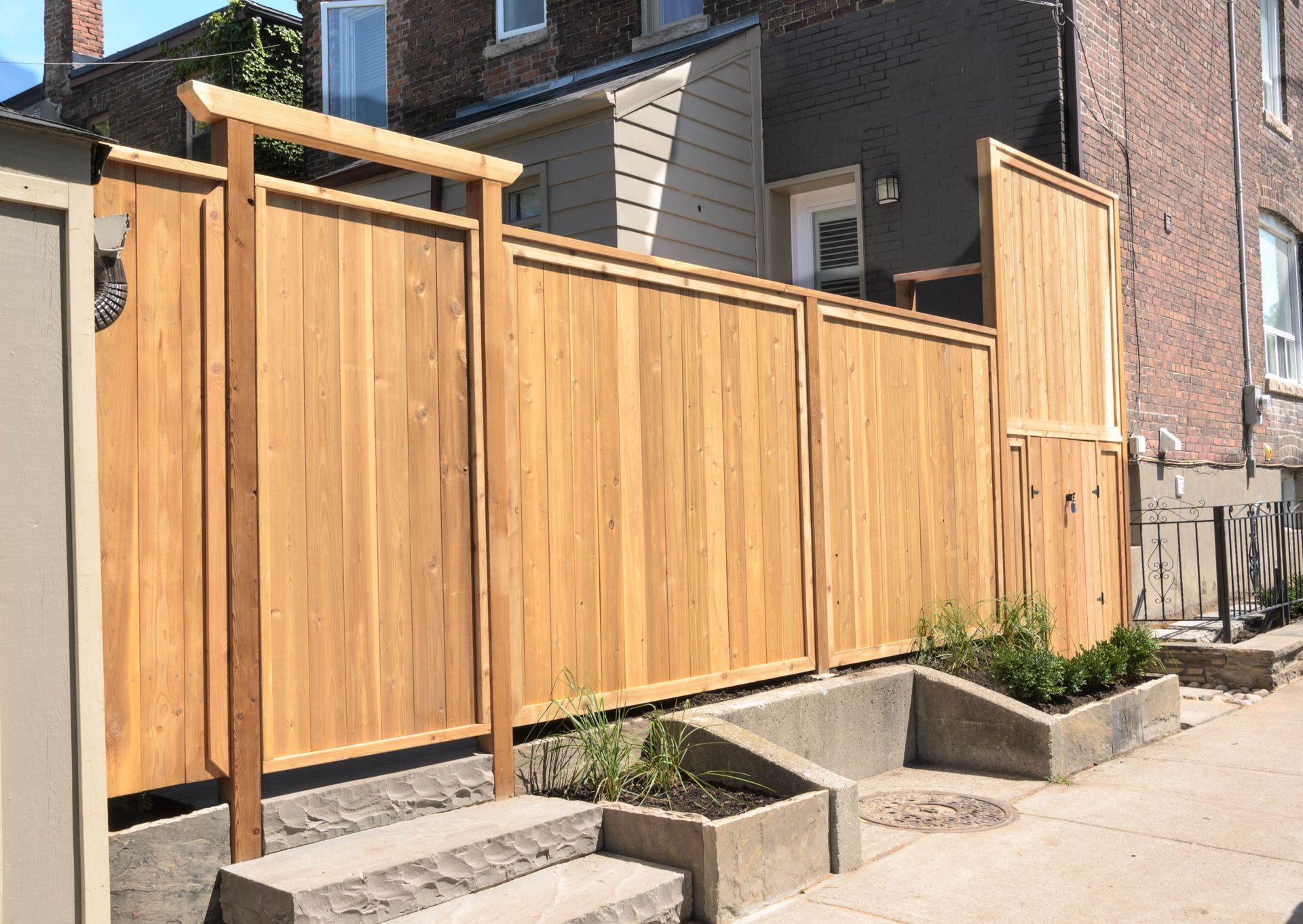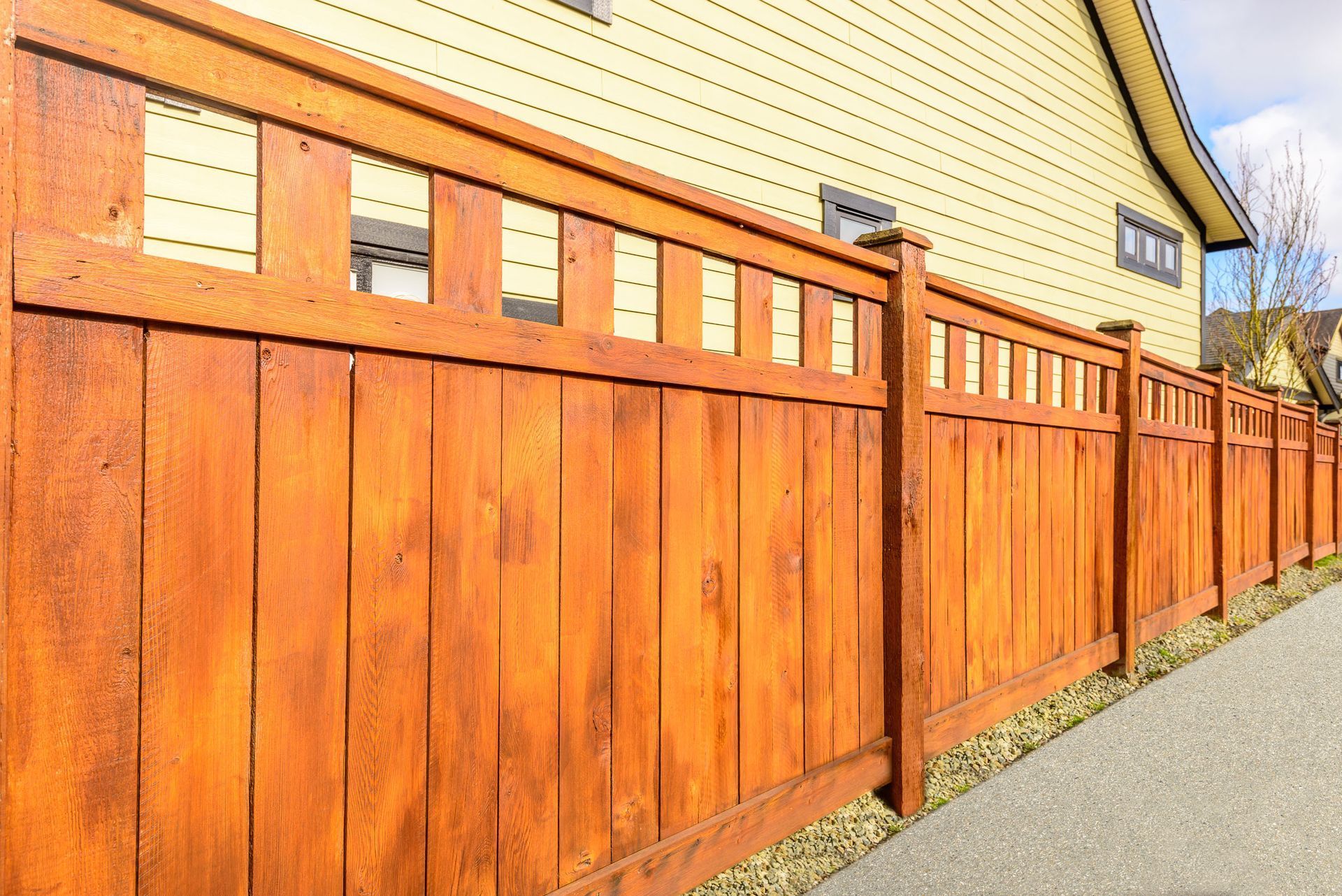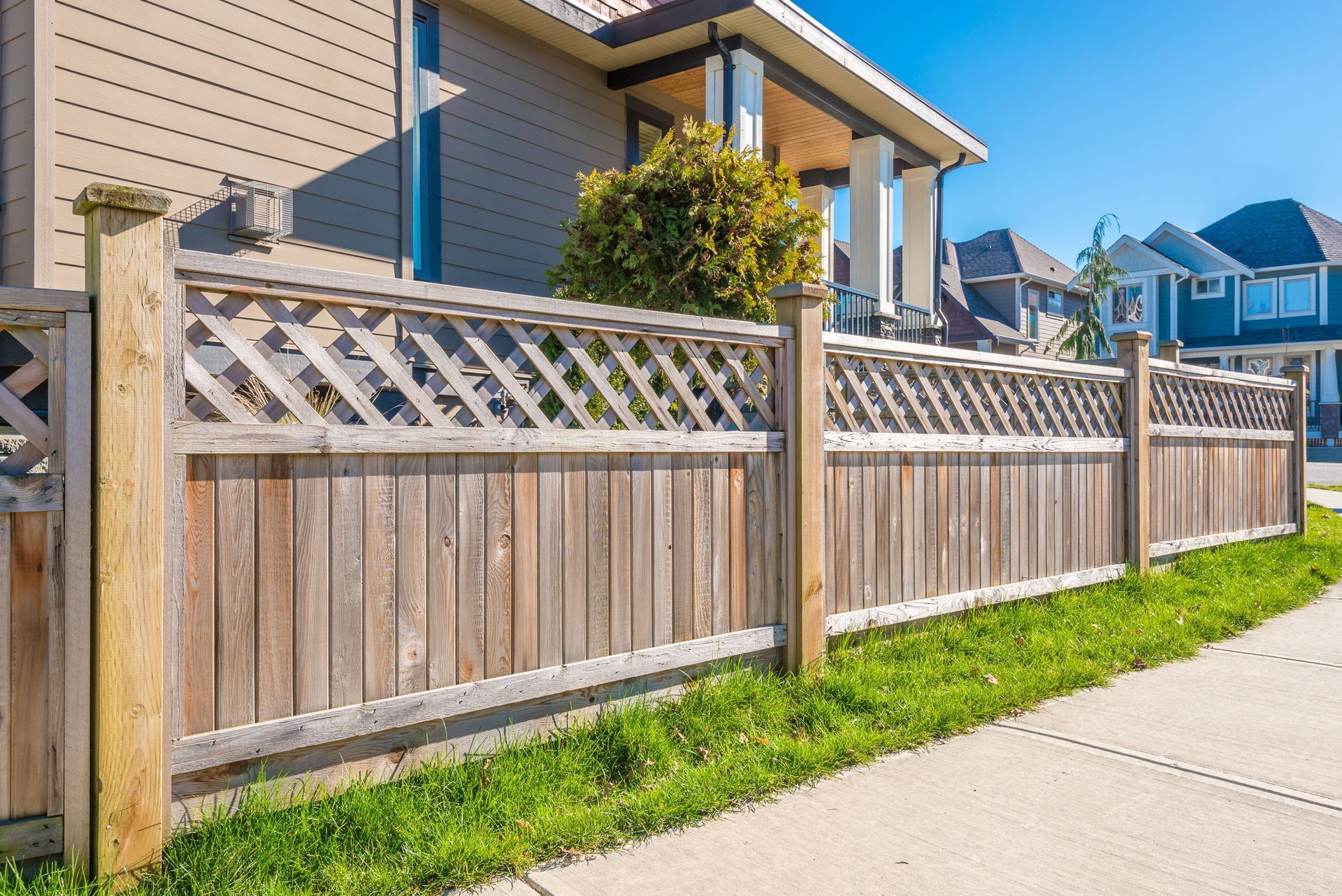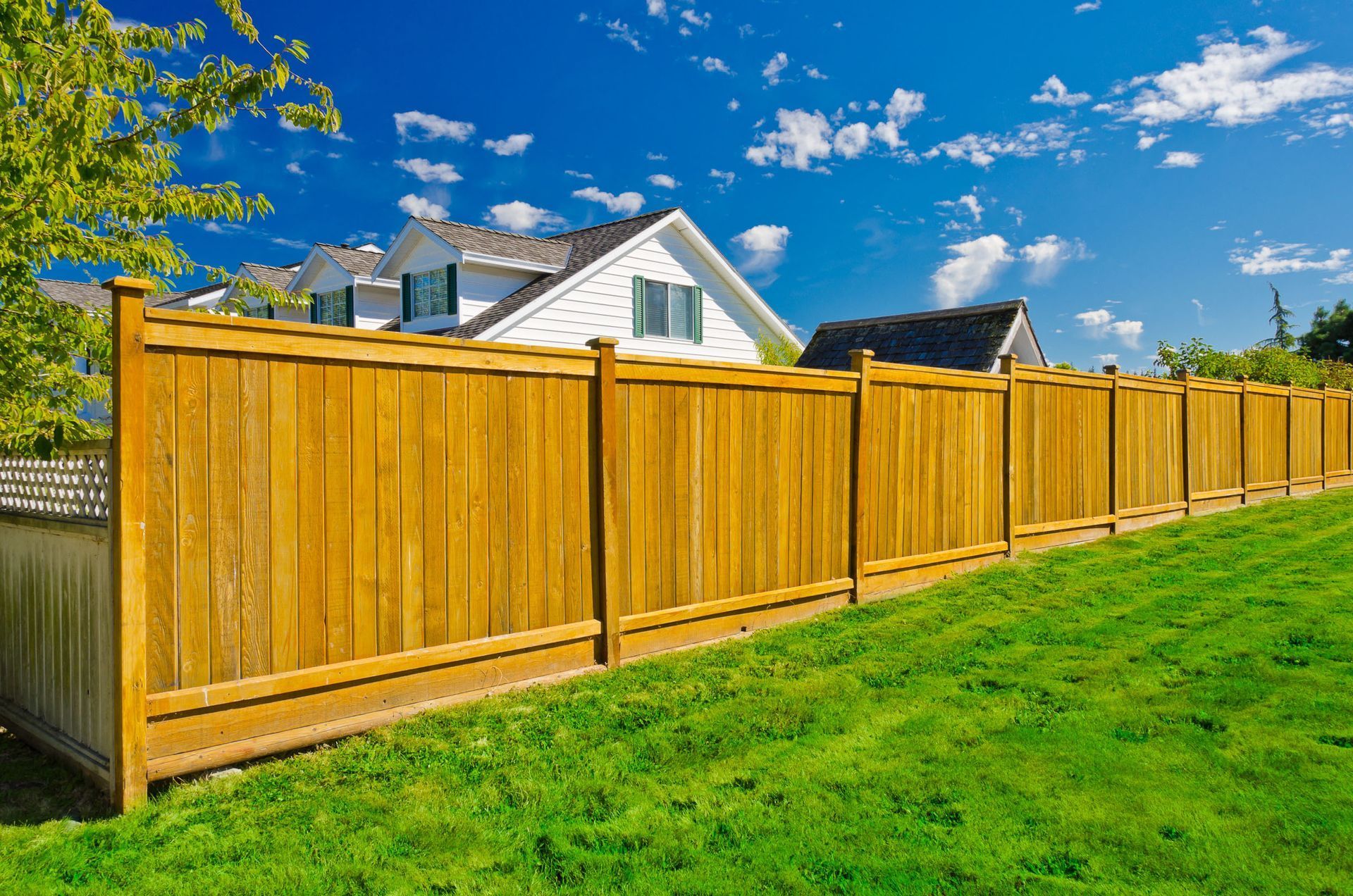Everything You Need to Know Before Installing a Fence
Installing a fence can enhance your property's privacy, boost curb appeal, and provide security. However, successful fencing projects begin with careful planning. From local regulations to material choice, a range of factors influence the final outcome. Taking the time to understand your goals and requirements will help you make informed decisions that improve your property’s value and long-term functionality. Whether you're seeking added security or simply wish to frame your garden with decorative style, defining your purpose and hiring a dependable fence contractor is the first step. Below, we outline key considerations to guide you through material selection, budgeting, design, and compliance with local codes.
Determine the Purpose of Your Fence
Clarifying your goals helps you choose the right materials and design. Privacy fences should be tall and opaque, using wood or vinyl. For security, metal or composite fences provide strength and deter intruders. If your focus is curb appeal, shorter ornamental fences can highlight landscaping without obstructing the view. Consider future plans, too. If you're thinking of installing a pool, garden expansion, or pet enclosure later, choose a fence design that can accommodate those changes with minimal modifications. Once you've determined your purpose, find a local fence contractor to assist you.
Evaluate Your Property's Terrain and Location
Topography plays a key role in professional fence installation. Sloped yards may require stepped or contoured panels. Coastal or humid areas demand materials resistant to moisture and salt, such as treated metal or vinyl. Homes in windy or snowy climates benefit from reinforced materials that can handle environmental stress. Microclimates matter as well. For areas prone to flooding or constant shade, pick materials that resist rot or mold, and consider drainage planning during installation.
Set a Realistic Budget
Fence costs depend on material, size, and labor. Wood and chain link are generally budget-friendly, while vinyl, metal, and composite options cost more but offer longer life and lower maintenance. It’s essential to think beyond initial costs and consider long-term value and upkeep. Vinyl fences require little maintenance and offer longevity, whereas wood may need regular staining or sealing. When hiring a fence contractor, factoring in future repair and maintenance costs helps you plan your investment more effectively.
Choose Appropriate Height and Length
Height depends on your goals. In our experience, privacy fences are usually six to eight feet tall, while decorative fences may be three to four feet. Local regulations often limit height for front or roadside fences, so be sure to check code restrictions. With the help of a reliable fence contractor, measure your property carefully to determine how much fencing you'll need. If full perimeter fencing isn’t feasible, focus on high-traffic or visible areas. Accurate measurements help you calculate material needs and stay within budget.
Factor in Long-Term Maintenance
Maintenance is a key consideration when choosing materials. Wood requires regular upkeep, while vinyl, metal, and composite materials demand less attention. If you plan to stay in your home long-term, investing in durable, low-maintenance fencing can save time and money. According to The Brainy Insight, the fencing market is expected to grow to $16.72 billion by 2032. By planning for long-term performance, you can ensure your fence remains attractive and functional well into the future.
Explore Material Options
Your choice of material affects both the fence’s appearance and its functionality. Here’s a brief overview of popular options that our fence contractor in Olathe, KS provides:
- Wood: Offers natural beauty and customization. Needs regular staining or sealing to prevent decay.
- Vinyl: Resistant to rot and insects. Easy to clean and low maintenance.
- Metal: Strong and long-lasting. Wrought iron and aluminum offer ornamental styles; steel is often used for added security.
- Composite: Made from recycled materials. Eco-friendly, durable, and mimics the look of wood without high upkeep.
- Chain link: Budget-friendly and easy to install. Can be customized with slats for added privacy or vinyl coating for visual appeal.
Understand Local Regulations
Before installation begins, your fence contractor will research local zoning laws. Regulations may govern fence height, material, and placement. Ignoring these requirements can result in fines or forced removal of your fence. Consult with your local building department or municipal office. This step ensures your design aligns with city codes and avoids problems later. It’s especially important near public sidewalks, intersections, or protected areas.
Review HOA Guidelines
If you live in a homeowners association (HOA) community, review their rules before choosing a fence. HOAs often have specific standards regarding height, material, and color to maintain uniformity within the neighborhood. You may be required to submit plans for approval before starting your project. Failing to comply could result in fines or demands to remove noncompliant fences. Always double-check the community’s Covenants, Conditions & Restrictions (CC&Rs) to avoid surprises.
Secure the Necessary Permits
Most towns require a permit for fence installation. A permit confirms that your fence complies with safety and zoning laws. Requirements vary by municipality but generally include details about dimensions, location, and materials. Contact your local building department to learn about the permit process and fees. Having your paperwork in order reduces delays and confirms your project is being built to code. A top fence contractor will take care of this step for you.
Consider Easements and Property Lines
Before digging post holes, identify any easements on your property. Easements may limit construction, especially near utilities or shared access paths. Building over one could result in legal issues or forced removal. Verify property lines using a survey if needed. Misplaced fences can create disputes with neighbors. Having clearly marked boundaries ensures the installation stays within your property and helps avoid future conflicts.
Think About Safety Standards
Fence safety is especially important in homes with children or pets. Avoid sharp edges or pointed finials in areas with frequent pedestrian traffic. If your area experiences high winds or storms, choose materials and designs that can withstand those conditions. Local safety codes may require specific design considerations for fences around pools or near roads. Working with an experienced fence contractor helps you follow these rules while protecting your family and others.
Design for Visual Appeal and Function
Don’t overlook aesthetics. A fence that complements your home’s architecture enhances curb appeal. For example, a modern home may suit horizontal slats, while a traditional home could pair well with white pickets or wrought iron scrollwork. Think about how the fence interacts with landscaping and other structures. Choose a consistent color scheme and finish for a polished look. The right design improves both functionality and beauty.
Plan Gate and Entry Point Placement
Include gates in your design to maintain access. Place entry points in logical areas like driveways, side yards, or garden walkways. If needed, install multiple gates for ease of movement. Gate hardware and locking mechanisms should match your fence material and purpose. For security, consider self-closing hinges and keyed locks. For aesthetic continuity, select designs that blend with the fence style.
Installing a fence is a significant investment that blends practicality with design. By carefully considering your goals, budget, materials, and legal requirements as well as hiring the best fence contractor you can hire, you can create a secure, attractive, and lasting addition to your property. For those in the Olathe, KS area, turn to our team at RKC Wood Care Pros! We're licensed and insured, and we provide free online or over-the-phone quotes. Contact us today to get started with our experienced and reliable fence services!

